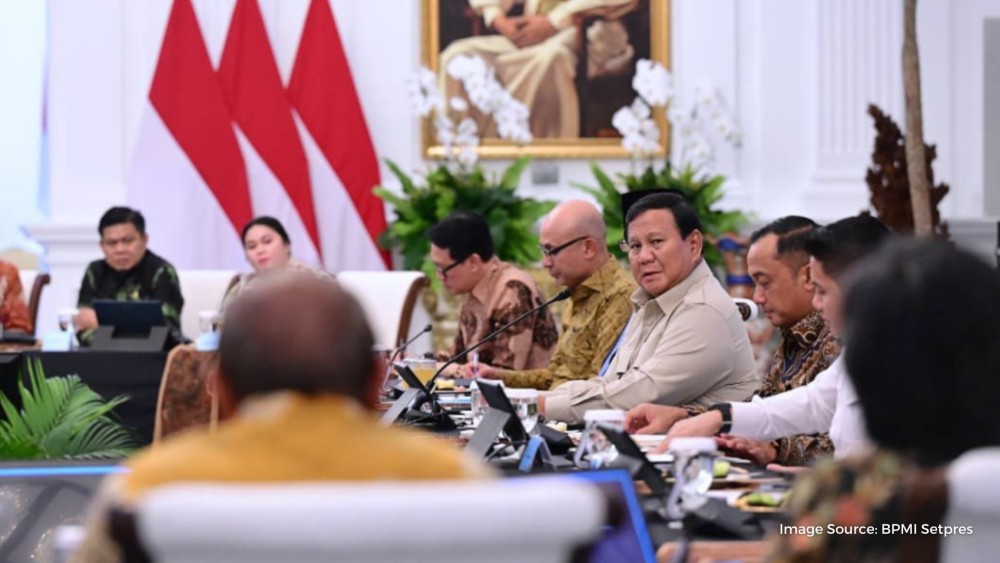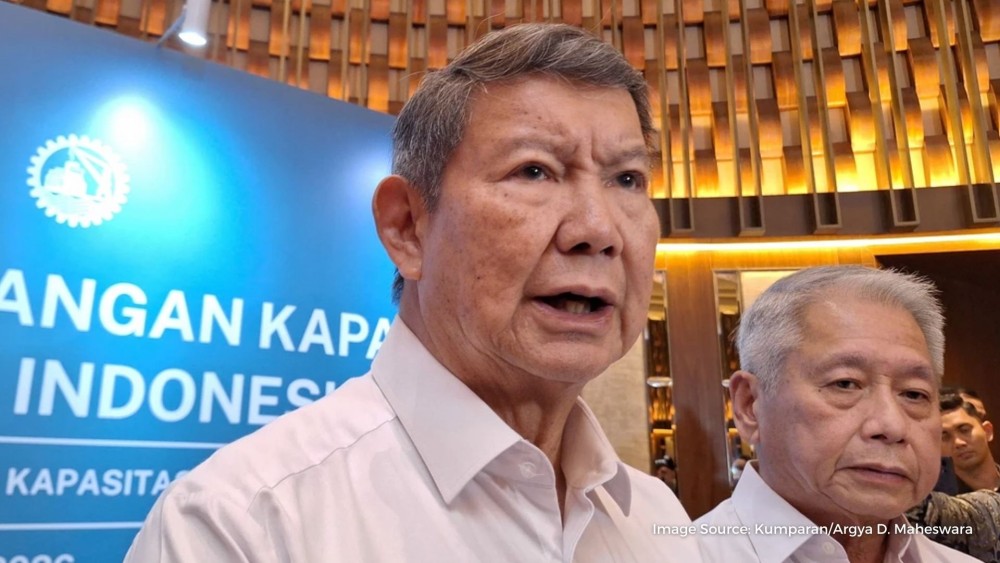Indonesia’s Inflation Remains Within Central Bank Range in August
04 Sep 2024

Indonesia’s annual inflation rate remained stable at 2.12% in August, compared to 2.13% in July, according to data released by Statistics Indonesia (BPS) on Monday. This rate aligns with Bank Indonesia's (BI) target range of 1.5% to 3.5% and matched the forecast in a Reuters poll, marking the lowest inflation rate since February 2022.
Core inflation, which excludes volatile items like food and energy, edged up slightly to 2.02% year-on-year (yoy) in August from 1.95% in July, slightly above the 1.98% forecast in the poll. Key contributors to the increase in core inflation included higher prices for jewelry, sugar, dining out, and house rentals.
The consumer price index (CPI) fell by 0.03% month-to-month (mtm) in August, extending a contraction trend observed since May. This was a continuation of the 0.18% decline in July. According to BPS undersecretary for services and distribution statistics Pudji Ismartini, the slight drop in consumer prices was mainly driven by decreases in the “food, beverages, and tobacco” category, with lower prices for shallots, chicken, tomatoes, and eggs being significant contributors.
Pudji noted that the decline in key commodity prices each August for the past five years, except in 2021, suggested a seasonal pattern rather than a drop in consumer demand. “Lower production costs led to reduced consumer prices, a result of abundant harvests and oversupply,” she said.
Despite inflation being well within the central bank’s target, Bank Indonesia has maintained relatively high interest rates to support the rupiah and navigate global market volatility. Governor Perry Warjiyo emphasized that currency stability is the policy focus for the current quarter, but noted there may be room for monetary policy easing in the next quarter to stimulate economic growth.
The country did experience some offsetting factors, such as increased education costs due to the start of the academic year and higher prices of unsubsidized fuels, including the RON-92 gasoline brand Pertamax, as reported by BPS.
Permata Bank's chief economist Josua Pardede indicated that inflationary pressures are expected to remain moderate, especially if the government does not introduce new excises on plastics and sweetened beverages. He also anticipated that the risk from imported inflation would stay mild, predicting a stable rupiah exchange rate against the
U.S. dollar despite recent weakening trends. “The rupiah exchange rate could strengthen, supported by the possibility of the US Federal Reserve cutting its rates,” Pardede said.
Overall, food prices, including rice, chili peppers, and potatoes, were the primary drivers of annual inflation, while the core inflation rate reflected demand-pull effects on prices.








